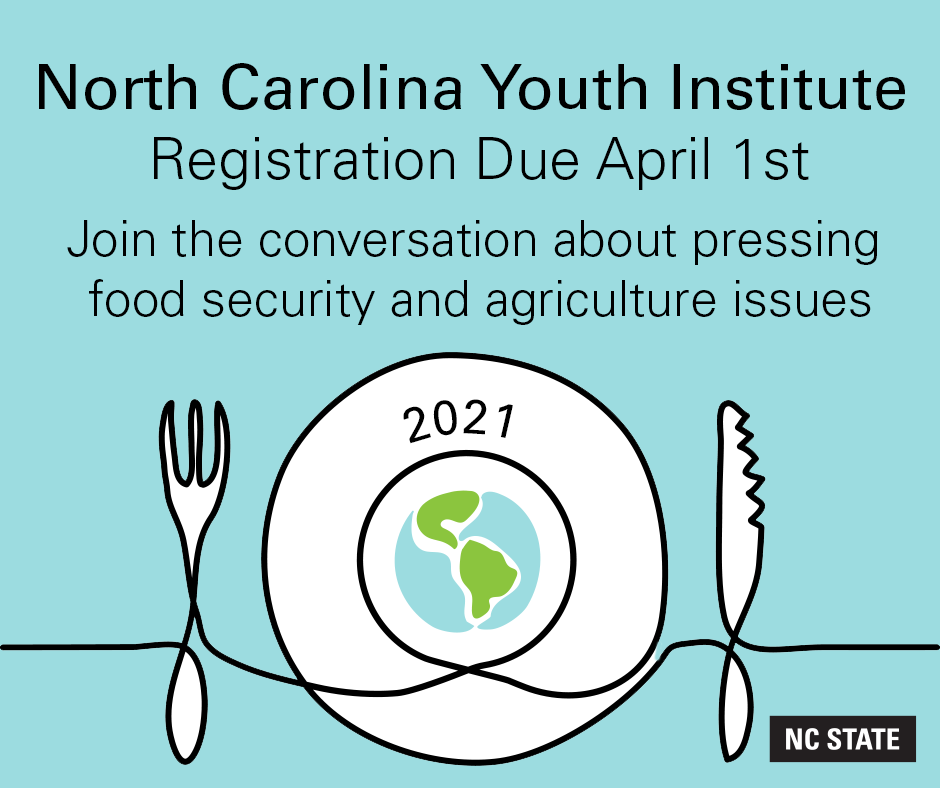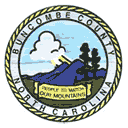North Carolina Youth Institute
go.ncsu.edu/readext?784684
en Español / em Português
El inglés es el idioma de control de esta página. En la medida en que haya algún conflicto entre la traducción al inglés y la traducción, el inglés prevalece.
Al hacer clic en el enlace de traducción se activa un servicio de traducción gratuito para convertir la página al español. Al igual que con cualquier traducción por Internet, la conversión no es sensible al contexto y puede que no traduzca el texto en su significado original. NC State Extension no garantiza la exactitud del texto traducido. Por favor, tenga en cuenta que algunas aplicaciones y/o servicios pueden no funcionar como se espera cuando se traducen.
Português
Inglês é o idioma de controle desta página. Na medida que haja algum conflito entre o texto original em Inglês e a tradução, o Inglês prevalece.
Ao clicar no link de tradução, um serviço gratuito de tradução será ativado para converter a página para o Português. Como em qualquer tradução pela internet, a conversão não é sensivel ao contexto e pode não ocorrer a tradução para o significado orginal. O serviço de Extensão da Carolina do Norte (NC State Extension) não garante a exatidão do texto traduzido. Por favor, observe que algumas funções ou serviços podem não funcionar como esperado após a tradução.
English
English is the controlling language of this page. To the extent there is any conflict between the English text and the translation, English controls.
Clicking on the translation link activates a free translation service to convert the page to Spanish. As with any Internet translation, the conversion is not context-sensitive and may not translate the text to its original meaning. NC State Extension does not guarantee the accuracy of the translated text. Please note that some applications and/or services may not function as expected when translated.
Collapse ▲
Do you care about a better world? Interested in solving global challenges like food security, clean water, and human rights?
Please join us for the 2021 North Carolina Youth Institute, a program that provides a platform for students to research and give recommendations to solve key global challenges that range from food insecurity, access to potable water, poverty, human rights, engineering issues, and more. The NCYI is hosted by NC State University’s College of Agriculture and Life Sciences and the Department of Crop and Soil Sciences and is a part of the Global Youth Institute and the World Food Prize.
This year’s program will be held virtually on Friday, April 23, 2021. To participate, high school-aged youth research a global issue and write a two to three-page paper under the supervision of a teacher/mentor (using these downloadable guidelines). Each teacher/mentor (e.g., can be a parent) must register their student delegate nominee(s), themselves and submit each student’s research paper online by April 1st, 2021.
Are you interested in joining the conversation about global food security and agricultural challenges and would like to participate, but are not ready to write a paper? Register as an observer! You will be able to listen to paper discussions and participate in hands-on virtual workshops.
On April 23, 2021, students attend a ½ day-long virtual program via Zoom and share their research papers among peers and a panel of experts (professors and professionals). Hands-on workshops, virtual field trips, keynotes, and career development activities will round out the event. There is no registration cost to participate in the Institute, however, both student and teacher/mentor participants must register and participation is mandatory for the student to qualify for the additional future benefits of the program, such as fellowships and internships.
The top students at the North Carolina Youth Institute will be competitively selected to represent the State of North Carolina as delegates at the Global Youth Institute, held as a virtual program in Des Moines, Iowa. The Global Youth Program will join 400 other outstanding high school students and teachers from across the United States and around the world for an exciting three-day program to interact with Nobel Peace Prize winners as well as World Food Prize Laureates and the more than 1,000 global leaders from 65 countries attending the World Food Prize’s annual international symposium.
If you have any questions or to learn more about the process of this program, contact the North Carolina State Coordinator Dr. Lori Unruh Snyder at lori_snyder@ncsu.edu or at (919) 515-4070.




